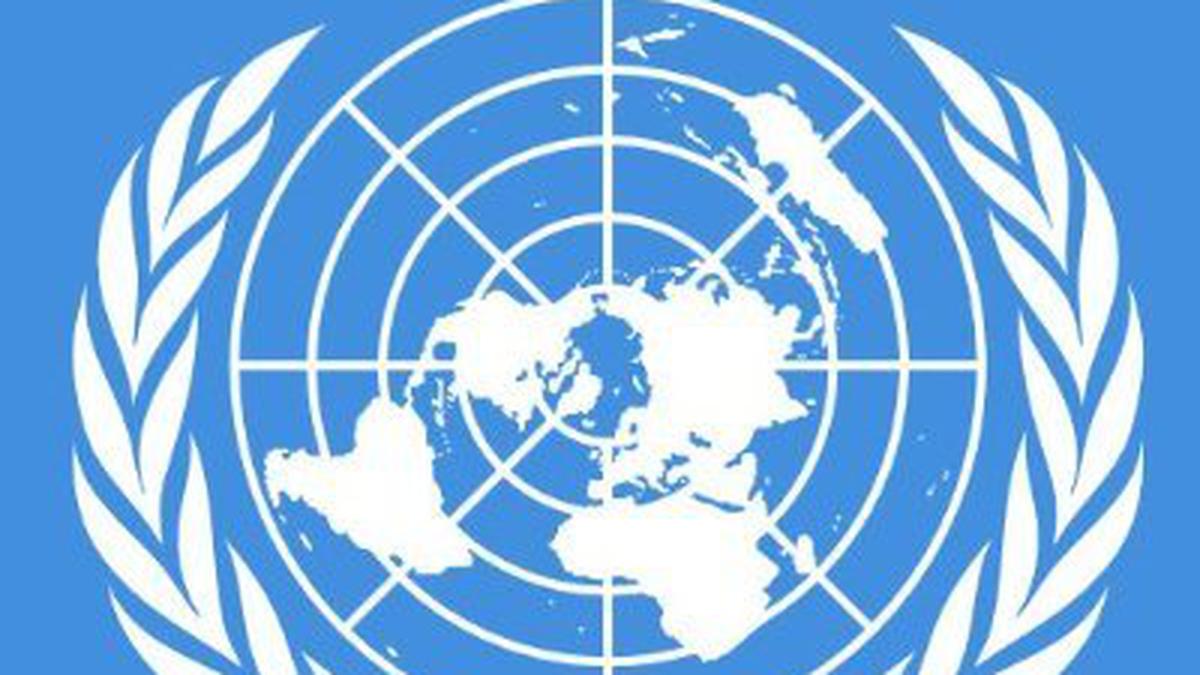India responds to Pakistan’s mention of Jammu and Kashmir at the UN Human Rights Council.
India’s Response to Turkiye
India expresses regret at Turkiye’s comments on its internal affairs, urging Turkiye to refrain from unsolicited comments in the future.
India’s Strong Retort to Pakistan
India refuses to engage with Pakistan due to its involvement in terrorism and economic challenges.
Criticism of Pakistan’s Actions
India condemns Pakistan’s support for terrorism and its poor economic condition, highlighting the government’s failure to serve its people’s interests.
Contrast with India’s Pluralistic Ethos
India contrasts its pluralistic ethos and democratic credentials with Pakistan’s support for UN-sanctioned terrorists.
Misuse of UNHRC Platform
India criticizes the misuse of the UNHRC platform by Pakistan to make false allegations against India.
Assertion of India’s Sovereignty
India reaffirms Jammu and Kashmir and Ladakh as integral parts of India, emphasizing internal matters of governance.
Pakistan’s Human Rights Record
India points out Pakistan’s systemic persecution of minorities and condemns its comments on India’s progress.
Example of Persecution in Pakistan
India highlights the persecution of Christian minorities in Pakistan as a glaring example of its poor human rights record.
Multiple Choice Questions (MCQs):
- What was India’s response to Turkiye’s mention of Kashmir at the UNHRC?
- a) India expressed regret and urged Turkiye to refrain from unsolicited comments.
- b) India supported Turkiye’s stance on Kashmir.
- c) India ignored Turkiye’s comments.
- d) India criticized Turkiye’s interference in its internal affairs.
- Why did India refuse to engage with Pakistan at the UNHRC session?
- a) Due to Pakistan’s involvement in terrorism and economic challenges.
- b) Due to Pakistan’s support for India’s stance on Kashmir.
- c) Due to Pakistan’s neutral stance on international affairs.
- d) Due to Pakistan’s request for bilateral talks.
- What contrast did India draw between itself and Pakistan regarding terrorism?
- a) India criticized Pakistan’s democratic credentials.
- b) India highlighted its support for UN-sanctioned terrorists.
- c) India contrasted its pluralistic ethos with Pakistan’s support for terrorism.
- d) India emphasized its economic progress over Pakistan’s human rights record.
- What did India assert regarding the status of Jammu and Kashmir at the UNHRC?
- a) Jammu and Kashmir are independent territories.
- b) Jammu and Kashmir are integral parts of Pakistan.
- c) Jammu and Kashmir are integral and inalienable parts of India.
- d) Jammu and Kashmir’s status is undecided.
- What example did India provide to illustrate Pakistan’s poor human rights record?
- a) Persecution of Hindu minorities.
- b) Persecution of Muslim minorities.
- c) Persecution of Sikh minorities.
- d) Persecution of Christian minorities.
